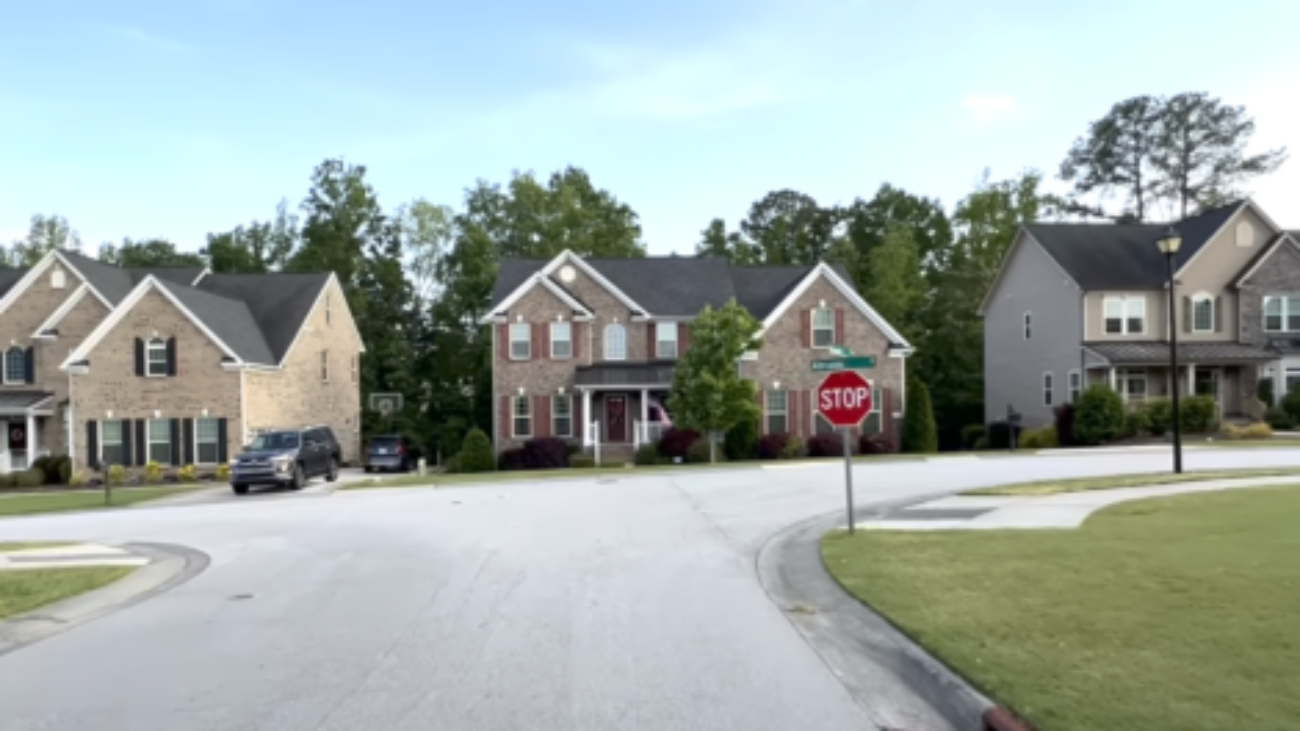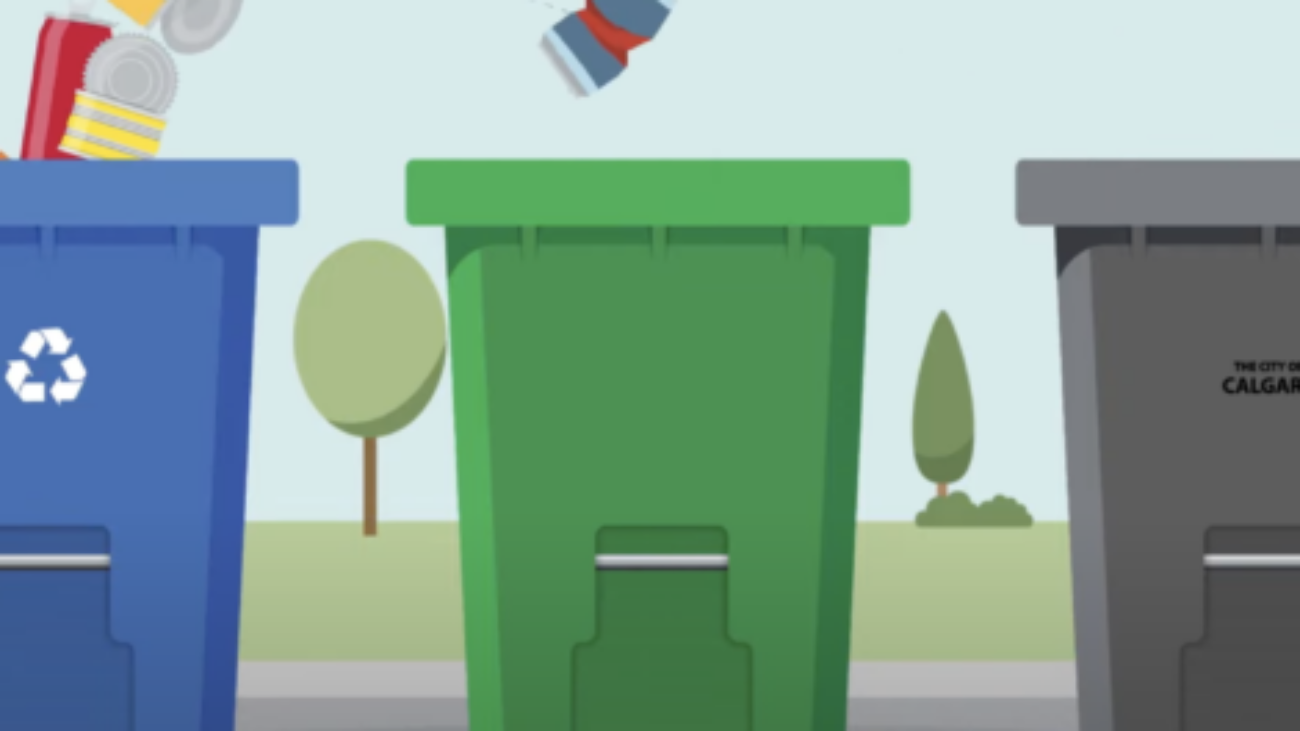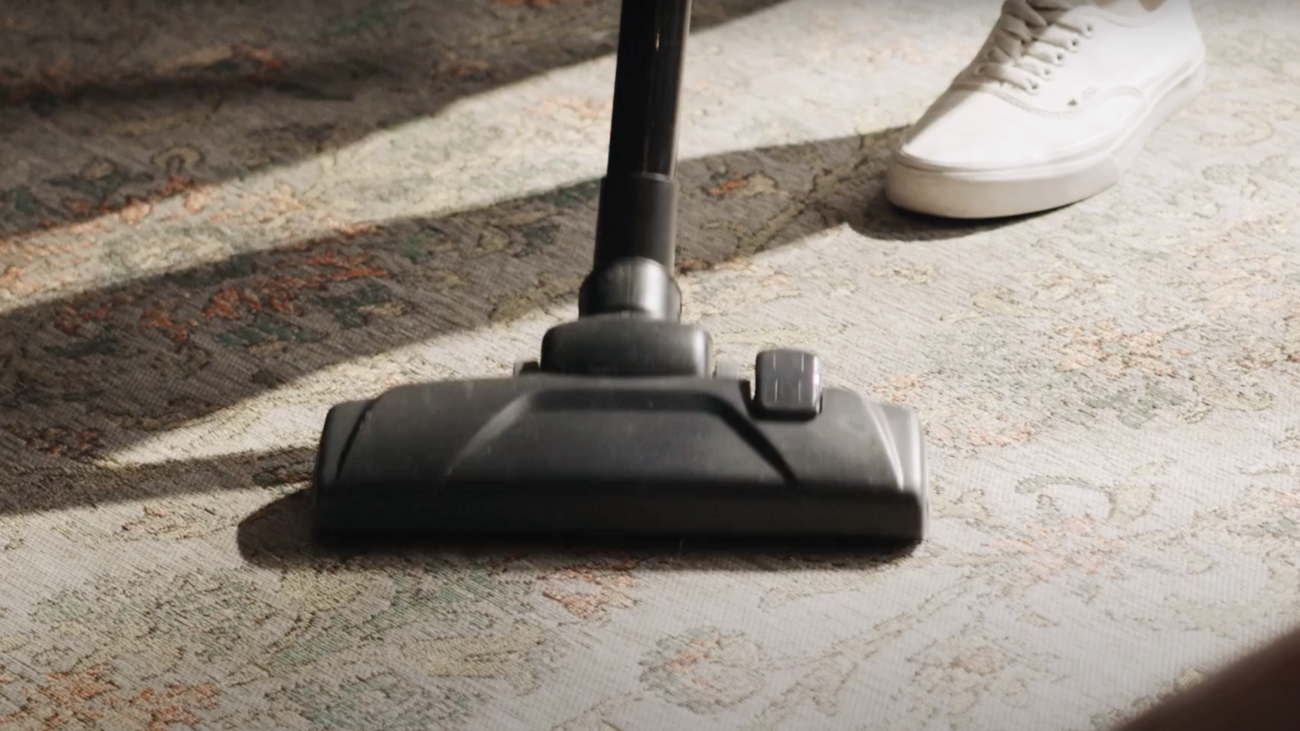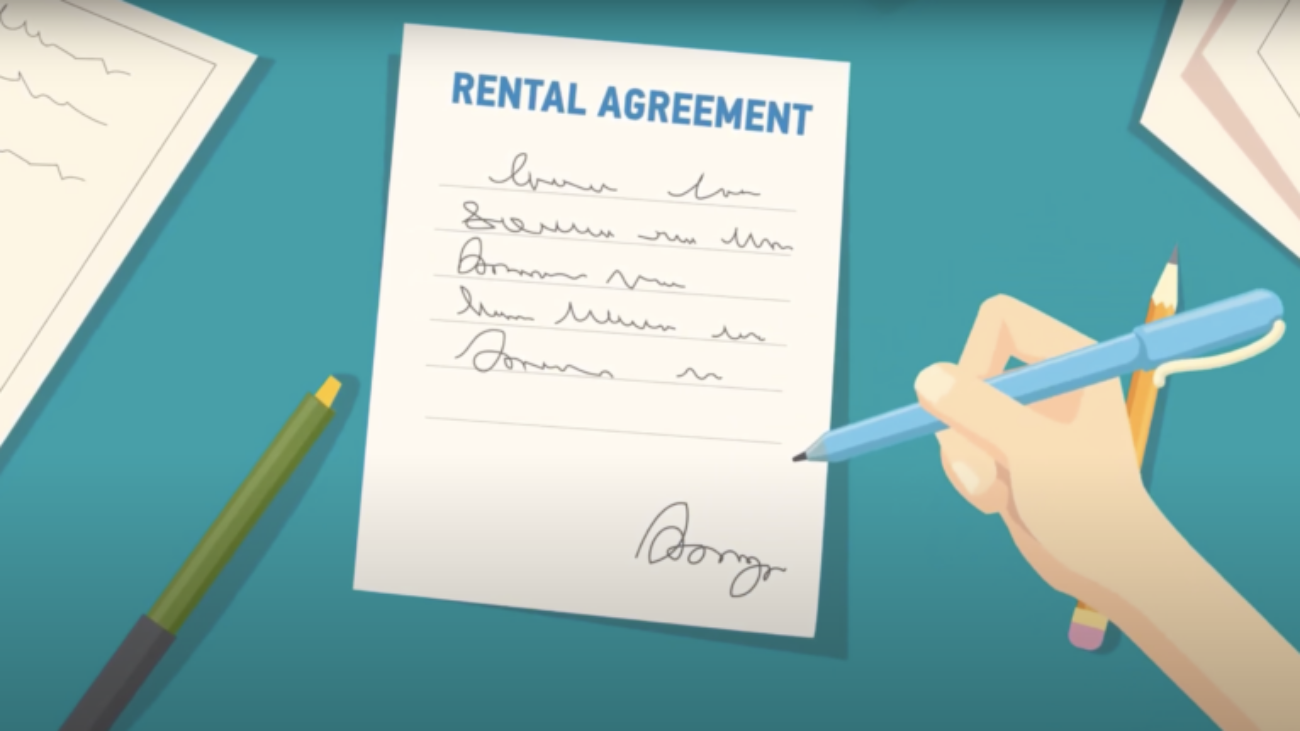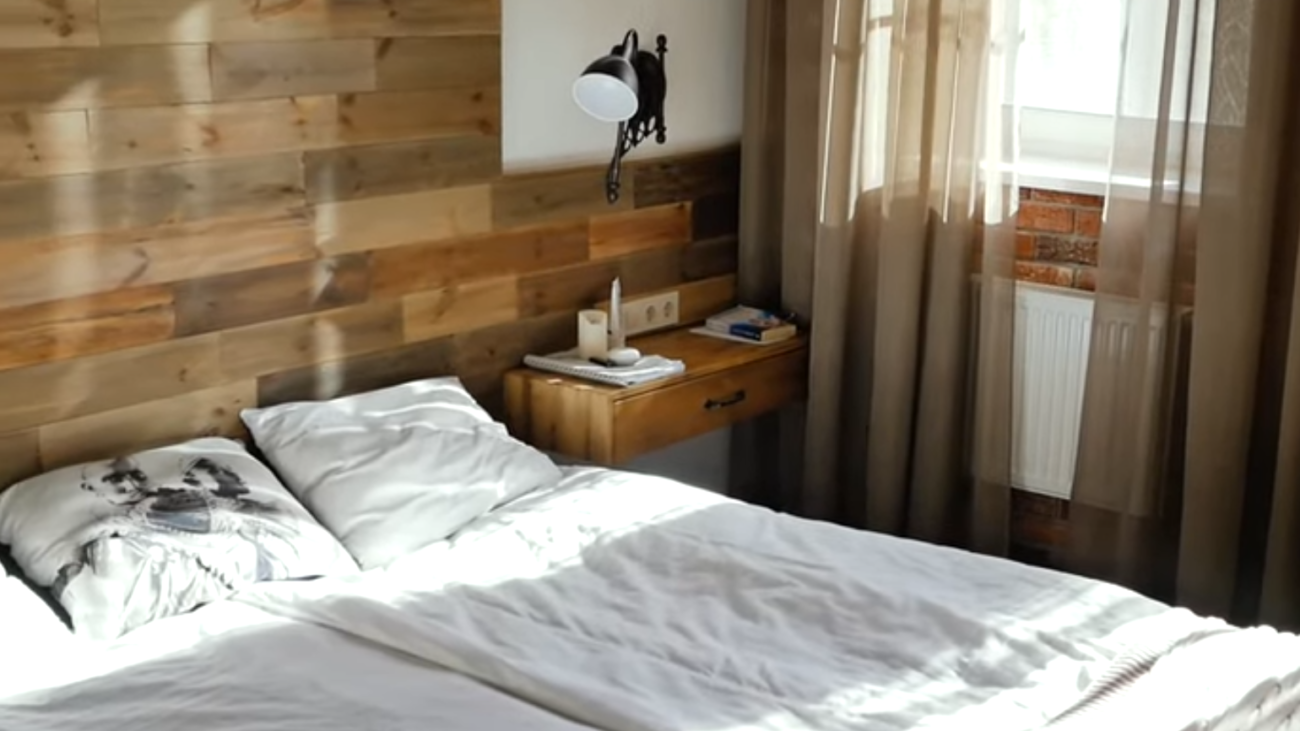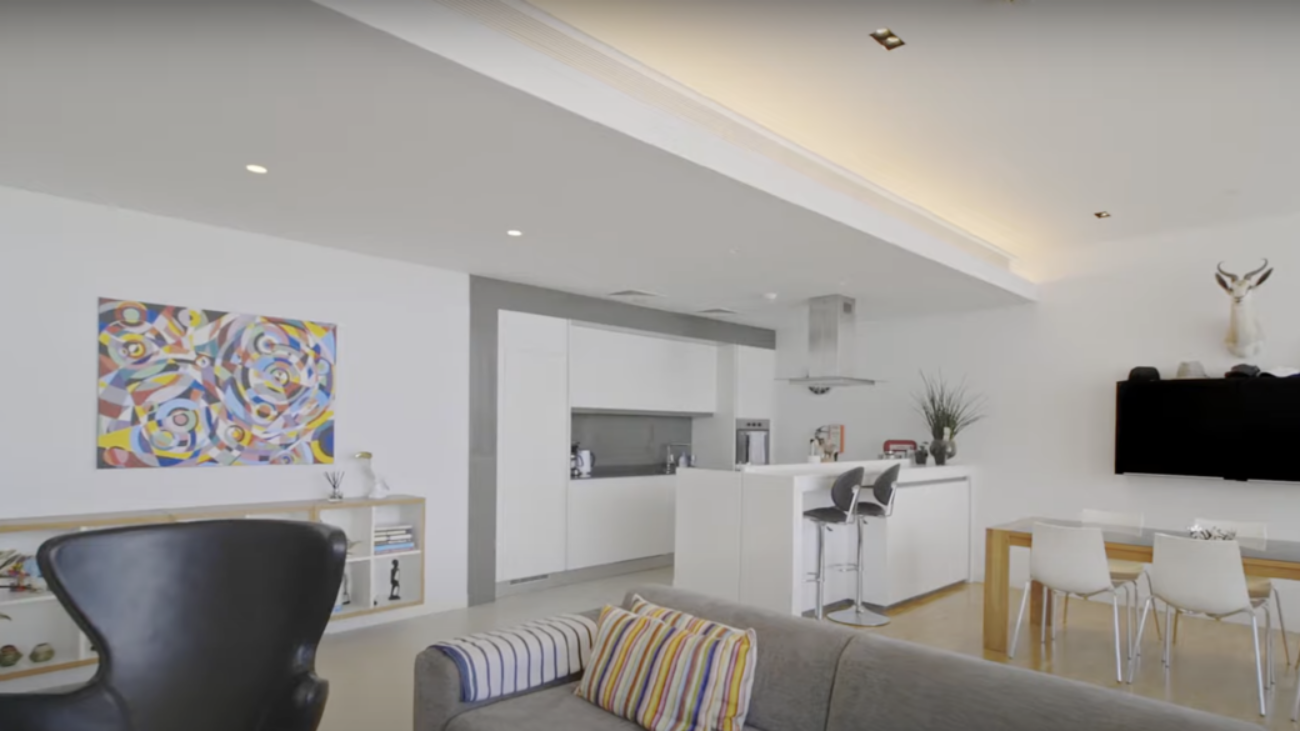A government-funded program called Section 8 housing, also referred to as the Housing Choice Voucher Program, offers rental help to low-income families, the elderly and people with disabilities.
However, you must follow particular program requirements as a Section 8 participant. This includes correctly reporting household members and any changes to your living circumstances. This article will answer the question – how does Section 8 find out if someone is living with you, as well as the potential repercussions of failing to provide this information.
We will also give examples of circumstances that can cause suspicion and advice for adhering to the program guidelines.
How Does Section 8 Find Out If Someone Is Living With You
So how does section 8 find out if someone is living with you without being on the lease? Authorities under Section 8 can discover if someone is residing with you illegally in a number of different ways.
Neighbor reports, regular inspections and data cross-referencing are a few of these techniques. We will discuss each of these approaches in depth by providing examples of how section 8 finds out if someone is living with you. If a guest is staying with you for an extended period of time, they might officially become a tenant.
Regular Inspections
The Inspection Process
Housing authorities often use a systematic approach to check that each Section 8 property complies with the Housing Quality Standards (HQS) during routine inspections.
After an initial tour of the apartment, a closer inspection of certain areas, such as bathrooms, bedrooms and common areas takes place. To verify they are operating correctly and safely, inspectors may also examine plumbing, electrical, and appliance systems.
During their inspection, inspectors will be on the lookout for indications of unlawful occupants. To discover if there are unauthorized individuals residing in the unit, they may inspect personal goods like clothing and toiletries. The tenants of the unit, their relationship to the leaseholder and the length of their stay may also be discussed.
Red Flags During Inspections
During a Section 8 inspection, a number of warning signs that might point to the existence of unauthorized occupants. Red flags among them include:
- Utility usage that is unusually high, such as the water or energy use, may indicate more people are residing in the unit.
- Numerous automobiles parked on the property, especially if they belong to persons who are not named on the lease.
- Α significant amount of personal belongings, such as clothing and shoes, that don’t match the stated number of tenants.
- Furnishings that can accommodate more people, such as extra beds or bedding.
Any of these warning signs may lead an inspector to submit their concerns to the housing authority. This could result in additional inquiry and possible repercussions for the renter.
The Role of Inspectors in Detecting Unauthorized Occupants
During Section 8 inspections, housing inspectors are essential in spotting unauthorized inhabitants. They have been taught to identify possible problems and program rules violations, as well as indications of extra unreported inhabitants. The housing authority must be informed of any findings or issues by inspectors. If necessary, it may initiate an investigation.
Participants in Section 8 must comprehend that inspectors are not there to unfairly penalize tenants. Instead, they want to make sure that everyone involved in the program complies with Section 8 regulations and that people who legitimately need subsidized housing receive it.
Communication with Housing Authorities
An inspector will notify the housing authority if they suspect that there are unlicensed inhabitants in a Section 8 apartment. This communication may entail delivering a written report, supplying visual proof or personally addressing the issue with a housing authority representative.
The housing authority could then decide to start an investigation. This might entail getting in touch with the renter, carrying out more inspections or double-checking data with other governmental organizations. Tenants can retain their eligibility for rental assistance and reduce their risk of penalties by keeping open and honest lines of contact with the housing authority.
Neighbor Reports
Reasons Neighbors May Report Unauthorized Occupants
Neighbors may decide to report unauthorized occupants in a Section 8 unit for a number of various reasons. Among them are the following:
- Concerns about congestion, which might result in more noise, parking difficulties or a pressure on communal supplies like water and electricity.
- Suspicions of unlawful activity that might endanger the neighborhood’s safety and well-being. This includes drug usage or trafficking.
- An intention to make sure that the guidelines for the Section 8 program are being fulfilled and that only individuals receiving rental help truly need it.
Neighbors may be extremely helpful in spotting unauthorized inhabitants and supporting the integrity of the Section 8 program.
How Housing Authorities Handle Neighbor Reports
A housing authority may take the following actions to examine a claim made by a neighbor concerning an unlawful resident. These actions might involve:
- Getting in touch with the renter to seek clarification or evidence. This entails proof of residency for every member of the household, about the stated information.
- Inspecting the unit without a notification to look for indications of illegal residents or other program violations.
- Examining any photographic proof or security footage that is accessible provided by the neighbor or other sources.
Housing authorities check neighbor complaints carefully to see whether any unauthorized residents are residing in the Section 8 property. They take neighbor complaints seriously.
Protecting Privacy and Avoiding False Reports
It’s crucial for housing authorities to find a balance between looking into neighbor complaints and respecting Section 8 participants’ privacy. They must protect the program’s integrity while also taking renters’ rights into account. As a result, housing authorities frequently take a methodical and careful approach when looking into allegations of unauthorized inhabitants.
Neighbors are asked to provide the housing authority as much information and proof they can in order to prevent fabricated reports. This can reduce the possibility of unjustified allegations or misunderstandings by ensuring that the housing authority has all the data necessary to conduct a thorough inquiry.
Encouraging Community Cooperation
The prevention of illegal occupants in Section 8 units and the encouragement of program compliance can both be achieved by fostering a feeling of community and collaboration among the neighbors. Participants in Section 8 can contribute to the creation of a secure, respectful and encouraging living environment for all residents by keeping lines of communication open with their neighbors and collaborating to address issues.
Data Cross-Referencing
The Data Cross-Referencing Process
Data cross-referencing is the process of comparing data from several government organizations to find errors or inconsistencies in the reported household members. To confirm the validity of tenant-reported data, housing authorities may consult numerous databases.
This includes tax filings, those including voter registration information or information on public assistance programs. This procedure can assist in identifying situations when unapproved residents are residing in Section 8 units without reporting their presence.
Before opening an inquiry, housing authorities frequently search for several instances of or discrepancies. This may reduce the possibility of inaccurate allegations or misunderstandings while still upholding the Section 8 program’s integrity.
Common Data Discrepancies
When comparing data from several government organizations, housing authorities may come across a number of frequent data inconsistencies. These disparities include, among others:
- Mismatched addresses: If a person lists a Section 8 apartment as their address with one government agency but not with another, this may be a sign that they are an unauthorized occupant.
- Unreported income: If a person receives money or benefits from a government program but has not informed the housing authority of this, it may indicate that they are residing in the apartment without the necessary permission.
- Inconsistent household member information: If household members’ identities or Social Security numbers do not match in various government databases, this may indicate the presence of unauthorized occupant.
Responding to Data Discrepancies
Housing authorities frequently take action to do more research when they discover data abnormalities. These actions might involve:
- Getting in touch with the tenant for further explanation or proof of the information supplied in order to confirm its accuracy.
- Checking the apartment unexpectedly for indications of unauthorized occupancy.
- Collaborating with other government agencies in order to obtain more data and resolve any inconsistencies.
If the housing authority discovers that an illegal resident is residing in the unit, they may take the required measures. This includes demanding repayment of unpaid subsidies, issuing a warning or ending the tenant’s rental support.
Ensuring Accurate Reporting and Compliance
Participants in Section 8 must be careful they give the housing authority correct and current information to prevent problems with data cross-referencing and unauthorized occupants. Any changes in the household composition, income or other important conditions must be quickly reported.
Tenants can reduce the risk of potential penalties and retain their eligibility for rental assistance by keeping proper records and adhering to the program’s guidelines.
Consequences of Not Reporting Unauthorized Occupants
Participants under Section 8 may face serious repercussions for failing to disclose unlawful occupants. These repercussions may include being denied rental assistance, having to pay back over-payment subsidies, or even facing legal action. The possible repercussions of failing to disclose unauthorized occupants are discussed in this section, along with instances of how these implications may affect Section 8 participants.
Loss of Rental Assistance
Loss of rental assistance might be one of the most serious effects of failing to disclose unauthorized occupants. The housing authority may stop providing rental assistance if it finds that someone who is not permitted lives there. As a result, the renter may be held accountable for the whole rent, which might result in eviction if they are unable to cover the higher cost.
A family receiving Section 8 aid can lose their rental support if the housing authority learns about the unreported family member’s move-in throughout an inspection. The family might not be able to afford the full market rent for their apartment. This could result in their eviction and leave them homeless.
Repayment of Overpaid Subsidies
If the housing authority learns that an illegal individual has been residing in a Section 8 unit, the tenant may be obliged to pay back any over-payment subsidies that were given while the unauthorized person was occupying the property. Depending on how long the illegal occupier resided in the apartment and how much rental aid was given, these repayments may be significant.
For instance, the renter would be obliged to repay back $5,400 in over-payment subsidies if they permitted an unauthorized occupant to stay with them for six months while receiving $900 per month in rental assistance from the housing authority.
Criminal Charges
In a few instances, failing to disclose unauthorized occupancy may lead to legal proceedings. This implies in cases where the housing authority finds that the renter deliberately submitted false information or engaged in fraud to get rental assistance. These kinds of violations may result in probation, fines or possibly jail time.
Take the case of a renter who intentionally permitted an unauthorized occupant to reside with them and fabricated paperwork to conceal this fact. If the housing authority finds this deception, the renter may be charged with a crime. This would result in serious legal and financial repercussions.
Tips for Staying in Compliance with Section 8 Rules
It’s important to follow the Section 8 guidelines to prevent the adverse consequences of failing to notify unauthorized inhabitants. To help you maintain your eligibility for rental assistance and prevent any issues, here are some suggestions:
- Report any changes in the composition of your residence as soon as possible. Notify your housing authorities right away if somebody moves into or out of your apartment. This includes any relatives, adult children or friends who may permanently or temporarily reside with you.
- Keep thorough records. Keep copies of your Social Security cards, birth certificates and rental agreements as proof of the people who live in your home. When it is the time to re-certify for the program, this will enable you to provide accurate information.
- Be transparent and honest. Avoid trying to conceal unauthorized occupants or provide the housing authorities misleading information. The easiest method to keep your eligibility for rental assistance is to be open and honest about your living circumstances.
- Learn the program guidelines. Keep up with the latest modifications to the Section 8 program’s guidelines and specifications. Review your housing authority’s regulations frequently and take advantage of any workshops or instructional sessions they may be offering.
These pointers can help you stay in compliance with Section 8 regulations and get the rental assistance you require. Keep in mind that it’s always advisable to be proactive in reporting changes to your living circumstances than to take risk of suffering the potential penalties of not doing so.



